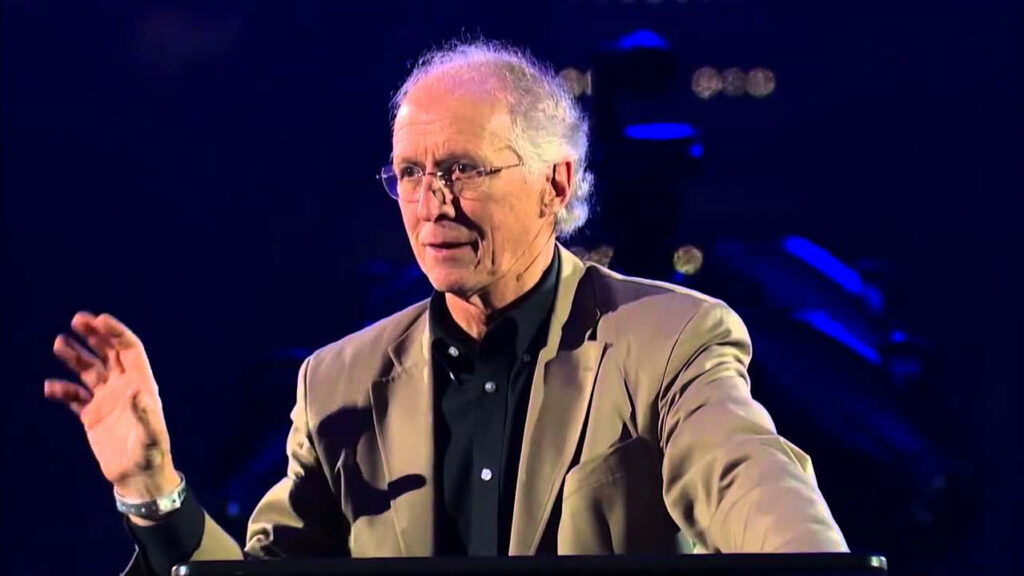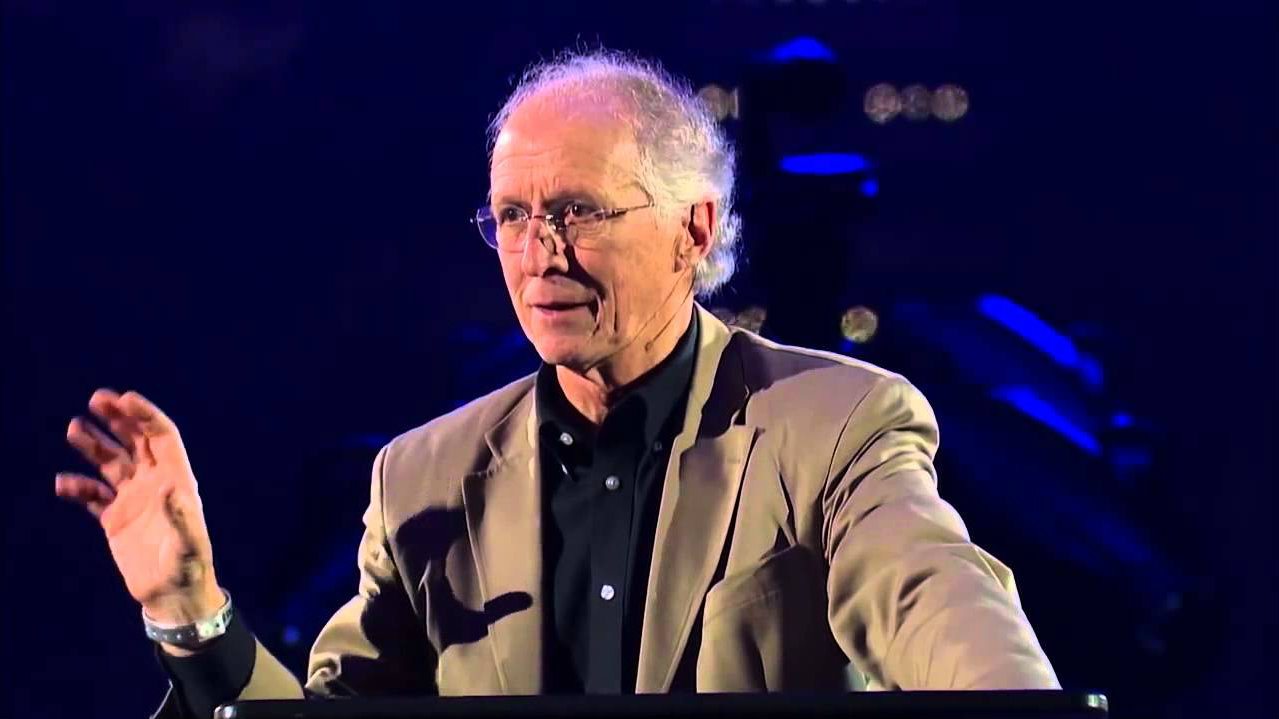Although once a popular figure among all stripes of Calvinist believers, John Piper’s increasing social justice activism and increasing charismaticism have largely reduced his popularity to that of The New Calvinists and, oddly enough, evangelicalism at large.
Those who hold to the tenets of classical Reformed theology, however, have grown increasingly cautious of John Piper. His endorsement of figures like Rick Warren, his recommendation of Beth Moore as a preacher even to men, and his bizarre introduction of “Christian Hedonism” have all been thoroughly criticized by serious Reformed theologians. Peter Masters of the London Metropolitan Tabernacle explains…
‘Christian Hedonism’ is a term adopted in the literature of Dr. John Piper to describe his scheme for sanctification and advance in the spiritual life. Certainly, it is a very strange term, because hedonism is, for Christians, a bad word. Hedonism means the pursuit of pleasure as the chief good, but in the case of this new scheme of spiritual living, it refers to the pursuit of pleasure in God..
Delighting in God, we repeat, is made the organising principle for every other spiritual experience and duty. It becomes the key formula for all spiritual vigour and development. Every other Christian duty is thought to depend on how well we obey this central duty of delighting in the Lord. The entire Christian life is simplified to rest upon a single quest, which is bound to distort one’s perception of the Christian life and how it must be lived.
Whatever the strengths of Dr. Piper’s ministry, and there are many, his attempt to oversimplify biblical sanctification is doomed to failure because the biblical method for sanctification and spiritual advance consists of a number of strands or pathways of action, and all must receive individual attention. As soon as you substitute a single ‘big idea’ or organising principle, and bundle all the strands into one, you alter God’s design and method. Vital aspects of Truth and conduct will go by the board to receive little or no attention
John Piper is a Third Wave charismatic, who like his fellow “Charismatic Calvinists,” Wayne Grudem and Sam Storms, believes in a New Testament-era prophecy which, unlike Old Testament prophecy, is fallible and can be errantly relayed via the prophet, even though it was inerrantly given by God (source link).
These Third Wave Charismatic Calvinists also believe in the continuance of the apostolic sign gifts, even while denying the continuince of the Apostolate itself.
Though not typically practicioners of “tongues” themselves, they nonetheless agree with First and Second Wave charismatics who believe the gift is an ecstatic utterance of non-earthly language and deny that it is xenoglossia, or the speaking of foreign tongues as demonstrated in Acts 2, Acts 8 and Acts 11.
This leaves Piper and his fellow Charismatic Calvinists susceptible to all sorts of theological error routinely pouring through the Charismatic Window.
This is further evidenced by the long list of associations these men maintain with figures who are both greatly suspect in their theology and who are often demonstrably false in their purported “prophecies.”
In a blog post today at Desiring God, an audio piece and matching transcript were released in which Piper claims that cessationist deny themselves the fullest pursuit of Joy in Christ by their cessationism.
Cessationism is the historical majority-view of the Christian Church which declares the Apostolic Sign Gifts – including the gifts of performing signs and wonders, tongues, and prophecy – have ceased with the Apostolic Age. Cessationism is prefaced upon the plain reading of the New Testament, and in particular the Book of The Acts of the Apostles , in which the only people who performed such feats were Apostles or those who had had hands laid on them by Apostles.
Paul later refers to these gifts as “signs of a true Apostle” in 2 Corinthians 12:12. Biblically deduced, the doctrine of cessationism holds that these gifts ended as the church reached maturity, the canon was closed, and the Apostolic office came to an end. Piper, however, claims that those holding to cessationism cannot reach real and abiding Joy in Christ as easily and fully as can charismatics.
Piper begins his point by stating that there is nothing in continuationism (Continuationism being the doctrine, and charismaticism being the practice) that “guarantees” they will have more joy than the cessationist, saying that there are ‘other factors’ at play as well.
Piper then goes on to say…
With those clarifications, my answer to the question is that, all other things being equal, a person who pursues spiritual gifts can experience the goal of Christian hedonism more fully than a person who doesn’t. This is the case if all other things are equal. That’s because God has given spiritual gifts as a means of ministry to his people, and these gifts are points of supernatural encounter with the living God in which he shows more of his power, more of his wisdom, more of his love to his people. Whenever God is showing more of himself, there is the possibility of our having more joy in him, seeing more of him, being more deeply satisfied in him, and thus glorifying him more.
The cessationist, of course, argues that God shows himself most sufficiently in the Holy Scripture and secondly to Holy Scripture, through Natural Revelation (those things that have been made, which display God’s attributes and eternal power). This is why the Westminster Confession and the London Baptist Confession say in Chapter 1 Paragraph 1 that “those former ways of God having revealed Himself having now ceased…” For Piper, however, not seeking after signs, pursuing tongues or experiencing God through ecstatic mysticism is “missing out” on the fullness of God.
Citing Paul’s instructions to the Apostle-led church in Corinth to pursue charismatic gifting, and making no attempt to distinguish between Apostolic Sign Gifts and the “regular” gifts of the Spirit that are for every believer and age, Piper says…
Yes, I think all other things being equal, a person who pursues spiritual gifts can experience the goal of Christian hedonism more fully than a person who doesn’t.












